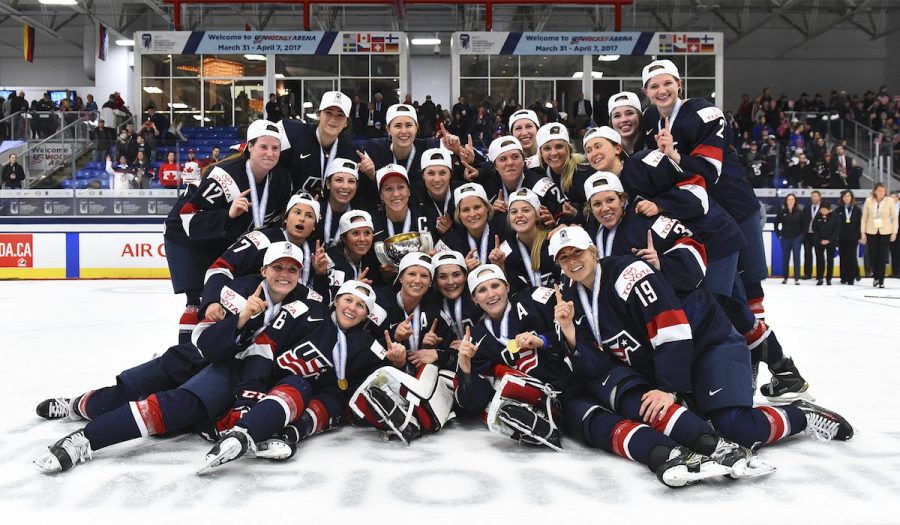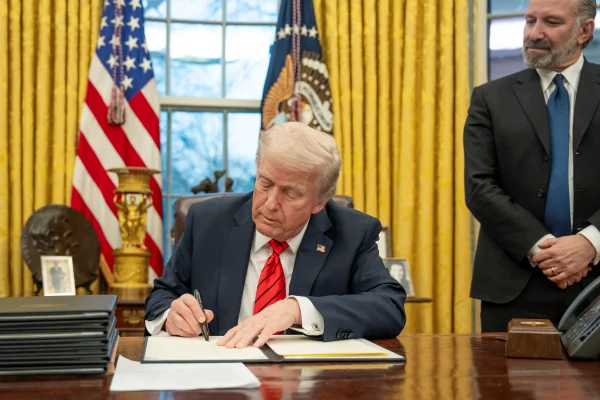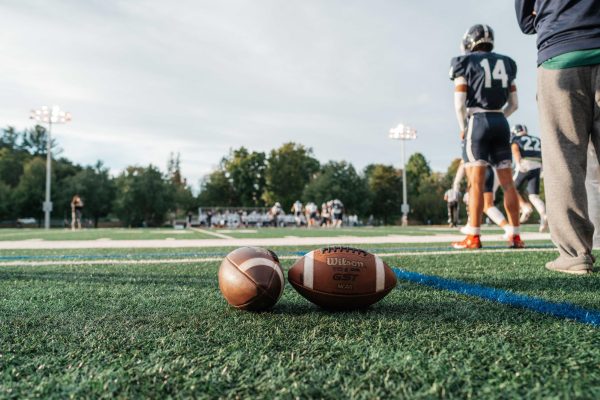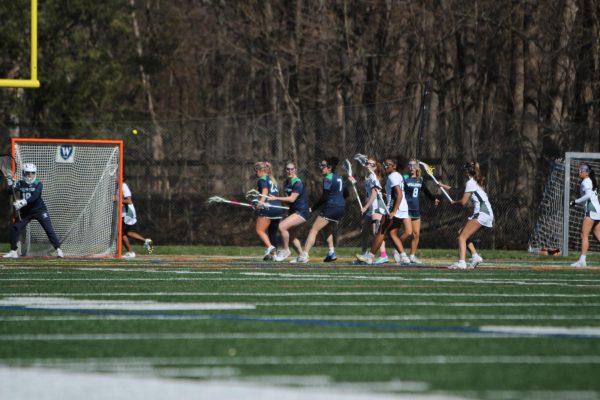US Women’s Hockey Boycotts for Change
The United States Women’s Hockey team’s successfully boycotted the United States Hockey board leading up to the World Championship, which started on March 31st. After months of negotiation, the board and players came to an agreement.
Last February, negotiations started between the both sides yet nothing happened. The women’s team was looking for equal pay for their wages for the World Championships. They were looking for living wages, more investment in girl’s hockey programs, and development efforts.
In the past there have never been funds for the families of the players; they are crammed into hotels rooms. This is contrary to the NHL, which pays for the accommodations of the national team’s families. Unlike the NHL players, the women must rely on their salaries for playing for the national team. NHL players have such big salaries that playing for the national team is more of a bonus than anything.
“USA hockey spends $3.5 million a year on events for its developmental players, which currently includes just boys’ and men’s teams. That’s why we don’t say we want equal pay,” Jacqueline Lamoureux-Davidson a forward for the United States Women’s Hockey Team said. “That’s why we say equitable support.
Lamoureaux-Davidson explained that female national teams players receive $1,000 per month for a six-month period every four years from U.S.A hockey in addition to the $750 dollars to $2,000 per month they receive during and outside that period in training stipends for the United States Olympic Committee.
“What we’re fighting for is not just an American hockey problem, it’s a global problem,” she said.
This boycott went viral. Women around the country supported the Women’s National team with #BeBoldforChange. Several women on campus have been following this story, especially those on the Girl’s Varsity Hockey team.
Ms. Talbot-Syfu spoke on her support of the boycott.
“I am support of these women that are standing up for the future of girls and women’s hockey. They deserve equal respect including pay, resources and training options.”
Talbot-Syfu said the women from the USWNT reached out to college and high school coaches asking for their help and support. She received a personal plea from a player.
“I received an email from current player, Kacey Bellamy, asking our girls to support them,” she said. “The women’s hockey world is very small and we are seeing the true meaning of unity right now.”
Talbot-Syfu is grateful for the outcome of the boycott.
“I think USA hockey [had] no choice but to compromise and give the national team what it deserves,” she explained. “This will send the message to world that all athletes, in this case all hockey players, deserve to be treated equitably and to have the same opportunities to excel at their sport.”
Senior Alexis Ryan followed the story closely. She thinks it’s a great decision that the players made and is surprised it took this long.
“They aren’t asking for anything they don’t deserve, and it is just plainly about equality,” she said. “While the women are playing in tournaments and training for the Olympics or the World Championships it is a full-time job. They practice and workout all day every day and they make absolutely no money. Some of these women have families they need to support and it’s a financial burden to them.”
Ryan thinks the success of the boycott will be amazing for women’s hockey in all aspects. “Many people believe women are second class athletes and don’t deserve the same as men but that’s just simply false,” she said. “Those players put in just as much, if not more work than the men and it shows. Having a great development program just like the men’s team would be great for USA hockey and I think all this talk about equality and pay could translate into more. It’s time for women’s sports to change.”
Junior teammate Gabby Dicomitis echoed her teammates stance on the issue.
“The women’s hockey culture will come together as a whole,” she said. “Kids of all ages will be encouraged to be part of a cause bigger than themselves. We have to stick together to see the changes we want.”
Junior Danielle Marquez also believes this boycott will have a noticeable impact on the culture of women’s hockey.
“I think that this will have people look differently at women’s hockey not just in the US, but internationally because they are so passionate about the game that they are willing to bow out of the world championships for change,” she said. “This will be so beneficial for growing the game in future generations. It is time that this is recognized because it has been such an undiscussed issue for as long as women’s hockey has been around and it takes very strong-willed people to stand for change.”













